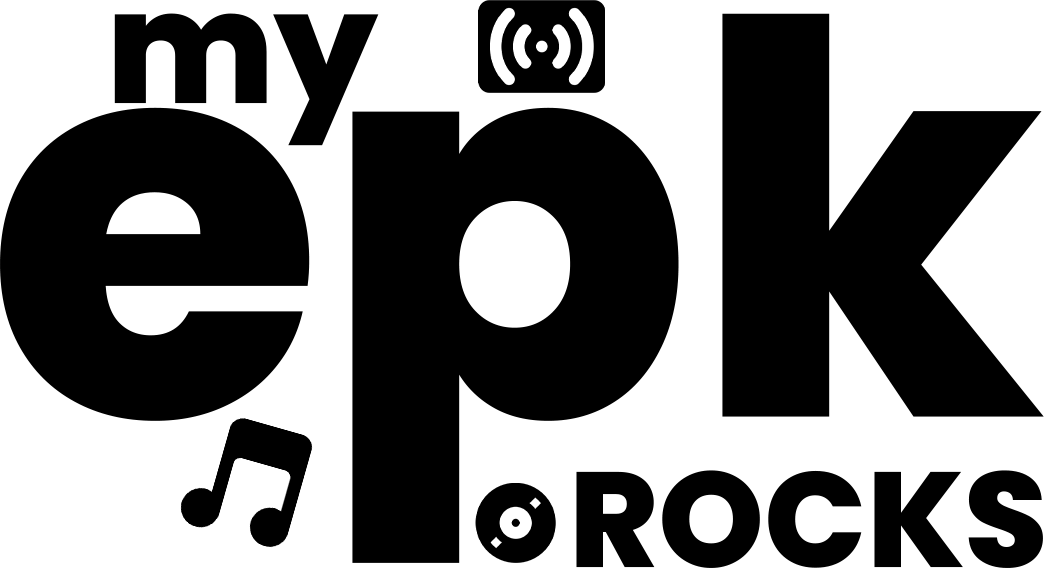Okay, let’s dive into the metaverse and how it can become your new playground for making music, connecting with fans, and, let’s be honest, potentially making some serious bank. Whether you’re a seasoned pro or just starting out, the metaverse offers a wild west of opportunities you can’t afford to ignore.
Metaverse Integration: Performing and Connecting with Fans in Virtual Worlds
Alright, picture this: You’re not just on stage, you are the stage. Your fans aren’t just watching; they’re right there with you, dancing, interacting, and maybe even creating personalized light shows on their virtual avatars. This, my friend, is the power of the metaverse for musicians. It’s not just a fad; it’s a whole new way to experience and create music, and it’s evolving fast.
What is the Metaverse, Anyway? (The Non-Techy Explanation)
Before we get ahead of ourselves, let’s break down what we’re talking about. The metaverse, in simple terms, is a network of 3D virtual worlds focused on social connection. Think of it as the internet, but instead of just browsing websites, you’re inside them, interacting with others through avatars.
It’s still being built (think the internet in the early 90s), but the core concepts are there:
- Immersive Experiences: Instead of watching a concert on a screen, you’re in the concert, experiencing it firsthand.
- Social Interaction: You can chat, collaborate, and build communities with other users, including your fans.
- Digital Ownership (NFTs): You can own and trade digital assets, like virtual merchandise, concert tickets, and even exclusive songs.
- Persistent Worlds: These virtual environments exist even when you’re not there. Things happen, events unfold, and communities grow in real-time.
Think of games like Fortnite or Roblox as early versions of the metaverse, but with a much broader scope. The ultimate goal is to create interconnected virtual worlds where you can seamlessly move between experiences.
Why Should You, as a Musician, Care?
Okay, maybe you’re thinking, “This all sounds cool, but I’m a musician, not a tech guru.” That’s perfectly valid! But here’s why you should be paying attention:
- Reach a Global Audience: The metaverse isn’t limited by geography. You can perform for fans from all over the world, simultaneously.
- New Revenue Streams: Forget just selling albums and concert tickets. You can sell virtual merchandise, NFTs, exclusive experiences, and even fractional ownership in your music.
- Deeper Fan Engagement: Interact with your fans in new and exciting ways, build stronger communities, and create more meaningful connections.
- Creative Freedom: The metaverse offers unprecedented creative possibilities. Design your own virtual venues, experiment with new performance formats, and collaborate with other artists in ways you never thought possible.
- Control Your Own Narrative: Bypass traditional gatekeepers like record labels and streaming services, and build your own independent brand and fanbase.
In short, the metaverse can give you more control over your career and help you connect with your fans in a way that’s simply not possible in the physical world.
Getting Started: Metaverse Platforms for Musicians
Okay, you’re intrigued. Now, where do you even begin? Here are some of the most popular and promising metaverse platforms for musicians right now:
- Decentraland: This is a decentralized, user-owned virtual world built on the Ethereum blockchain. It’s known for its virtual real estate (LAND) and its focus on community-driven events. Music events are very popular here, and there are many spaces available for artists to perform! Decentraland Website
- The Sandbox: Another popular metaverse platform with a strong focus on user-generated content. You can create and monetize your own virtual experiences, including music performances and interactive games. Many artists have had amazing shows on the platform, and there are opportunities for artists to host, or even design their own Sandbox Metaverse Game! The Sandbox Website
- Somnium Space: A VR-first metaverse with a focus on immersive experiences and digital ownership. Great for creating truly immersive and unique concerts. Somnium Space Website
- Horizon Worlds (Meta): Meta’s entry into the metaverse is constantly evolving, but it already offers tools for creating and sharing virtual experiences, including music performances. Great for reaching existing Facebook and Instagram users, but can also come with some privacy concerns. Horizon Worlds Website
- Roblox: Although known for its younger audience, Roblox has emerged as a major platform for music experiences, with artists like Lil Nas X and Twenty One Pilots hosting virtual concerts. The technology is very accessible, and there’s a lot of opportunities to use the existing fan base. Roblox Website
- Fortnite: Similar to Roblox, Fortnite has become a hub for virtual concerts and interactive music experiences. Travis Scott’s Astronomical concert was a groundbreaking event that showed the potential of the metaverse for music. Fortnite Website
Choosing the Right Platform
Which platform is right for you? It depends on your goals, your target audience, and your technical skills.
- Decentraland & The Sandbox: Great for artists who want to embrace decentralization and build a strong community around their music. Good if you’re interested in NFT integration and virtual real estate.
- Somnium Space: Best for artists who want to create truly immersive VR experiences and push the boundaries of virtual performance.
- Horizon Worlds: A good option for artists who want to leverage Meta’s existing user base and explore the potential of social VR.
- Roblox & Fortnite: Ideal for artists who want to reach a younger audience and experiment with interactive music experiences.
Making Money in the Metaverse: Beyond Streaming
Let’s talk money. The metaverse offers a ton of new ways to monetize your music:
- Virtual Concert Tickets: Sell tickets to your virtual concerts, just like you would in the real world. You can even offer VIP packages with exclusive access to meet-and-greets or backstage experiences.
- Virtual Merchandise: Design and sell virtual merchandise for your fans’ avatars, like t-shirts, hats, and accessories.
- NFTs (Non-Fungible Tokens): This is where things get really interesting. NFTs are unique digital assets that can represent anything from a song to a piece of art to a virtual collectible. You can sell NFTs of your music, artwork, or even exclusive experiences.
- Music NFTs: Sell limited-edition versions of your songs as NFTs. This allows fans to directly support you and own a piece of your music.
- Collectible NFTs: Create unique digital collectibles related to your music, like avatars, virtual instruments, or artwork.
- Utility NFTs: Offer NFTs that grant fans access to exclusive content, events, or experiences.
- Virtual Real Estate: Buy or rent virtual land in the metaverse and use it to host concerts, build fan clubs, or create immersive experiences.
- Sponsorships and Partnerships: Partner with brands or other artists to create sponsored content or co-branded experiences in the metaverse.
- Fractional Ownership: Sell fractions of your song rights as NFTs, allowing fans to invest in your music and share in the royalties.
NFTs: A Deeper Dive (Because They’re Kind of a Big Deal)
NFTs are revolutionary because they allow artists to directly connect with their fans and build a community around their music. They also give you more control over your music and your revenue.
- What are they? NFTs are basically digital certificates of ownership that are stored on a blockchain. This means that they’re unique, verifiable, and can’t be easily copied or counterfeited.
- Why are they important for musicians? They allow you to sell your music directly to fans without going through traditional intermediaries like record labels or streaming services. You can also create unique experiences and collectibles that fans can own and trade.
- How do you create and sell NFTs? There are several platforms that allow you to create and sell NFTs, such as OpenSea, Rarible, and Foundation. You’ll need to create a digital wallet to store your NFTs and cryptocurrency (usually Ethereum).
- Considerations: Understand the environmental impact of NFTs (some blockchains are more energy-intensive than others), and be aware of the legal and tax implications of selling digital assets. Also note that the NFT market is quite volatile; be sure to do research before buying or creating your own.
Examples of Musicians Killing It in the Metaverse
Need some inspiration? Here are a few examples of musicians who are successfully leveraging the metaverse:
- Travis Scott: His Astronomical concert in Fortnite was a groundbreaking event that showed the potential of the metaverse for music. Millions of players attended the virtual concert, and it generated millions of dollars in revenue.
- Lil Nas X: He hosted a virtual concert on Roblox that was attended by millions of players. He also sold virtual merchandise and NFTs related to the concert.
- Grimes: She’s a big advocate for NFTs and has sold millions of dollars worth of digital art and music as NFTs.
- Deadmau5: He has been involved in the metaverse since the beginning, hosting virtual concerts and building virtual venues. He even has his own virtual world called Oberhasli.
- Ariana Grande: Hosted the “Rift Tour” on Fortnite, demonstrating how existing stars can use virtual worlds to build a deeper fan base.
Practical Steps for Getting Started
Okay, enough theory. Let’s get practical. Here’s a step-by-step guide to getting started in the metaverse:
- Choose a Platform: Research the different metaverse platforms and choose one that aligns with your goals and target audience.
- Create an Avatar: Design a virtual avatar that represents you as an artist.
- Build a Virtual Presence: Create a virtual venue or space where you can perform and connect with fans.
- Promote Your Metaverse Activities: Let your fans know about your virtual concerts, events, and merchandise through your social media channels and email list.
- Experiment with New Formats: Don’t just replicate your real-world performances in the metaverse. Experiment with new formats, like interactive concerts, virtual jam sessions, and collaborative songwriting sessions.
- Engage with Your Community: Spend time interacting with your fans in the metaverse. Answer their questions, participate in community events, and build relationships.
- Explore NFT Opportunities: Consider creating and selling NFTs of your music, artwork, or exclusive experiences.
- Stay Informed: The metaverse is constantly evolving, so stay up-to-date on the latest trends and technologies.
- Collaborate: Partner with other artists, developers, or brands to create unique and engaging experiences in the metaverse.
- Be Patient: Building a presence in the metaverse takes time and effort. Don’t get discouraged if you don’t see results immediately. Just keep experimenting, engaging with your community, and building your brand.
Challenges and Considerations
The metaverse is still in its early stages, so there are some challenges and considerations to keep in mind:
- Technical Barriers: Creating and navigating virtual worlds can be technically challenging for some artists and fans.
- Accessibility: Not everyone has access to the technology required to participate in the metaverse, such as VR headsets or high-speed internet.
- Security: Be aware of the security risks associated with virtual worlds and NFTs, such as hacking and scams.
- Copyright and Intellectual Property: The legal framework for intellectual property in the metaverse is still evolving.
- Environmental Impact: Some metaverse platforms and technologies have a significant environmental impact.
- User adoption: The user base for most Metaverse platforms is still growing; be mindful that a larger audience may mean that it’s easier to get started, but a smaller audience may mean that it’s harder to monetize.
The Future of Music in the Metaverse
Despite these challenges, the future of music in the metaverse is bright. As the technology evolves and more people join virtual worlds, the opportunities for musicians will only continue to grow.
Imagine:
- Personalized Music Experiences: AI-powered avatars that create custom music experiences based on your individual preferences.
- Interactive Music Creation: Fans can collaborate with artists in real-time to create new music in the metaverse.
- Seamless Integration with the Physical World: Virtual concerts that are augmented by real-world elements, like holograms or augmented reality experiences.
- New Forms of Musical Expression: Artists will create entirely new genres of music that are only possible in the metaverse.
Final Thoughts: Embrace the Unknown
The metaverse is a wild and exciting frontier for musicians. It’s a place where you can experiment, connect with fans in new ways, and build a sustainable career on your own terms. It’s not going to replace live music, but it will add another layer to the music experience. It’s another tool in the toolbox, a new place to get creative, and more money to be made.
Don’t be afraid to dive in and explore. The future of music is being written right now in the metaverse, and you have the chance to be a part of it.


